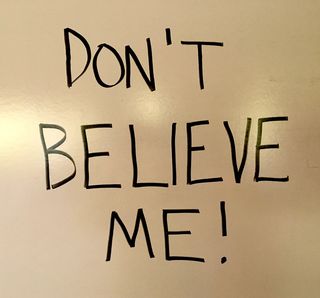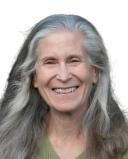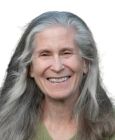Wisdom
I'm an Educator, so Don't Believe Me
Critical thinking leads to integrity, confidence, and wisdom.
Posted September 13, 2019

When I teach, I often begin my classes by telling students not to believe me. They’re usually surprised by this. It’s uncommon for teachers to discourage their students from believing what they say. What would be the point of schools and universities if teachers weren’t reliable sources of knowledge?
It’s not that I want my students to distrust me. Rather, I want them to be able to distinguish fact from opinion and to be dedicated to ascertaining the validity of any statements or statistics they hear, watch, or read. This is no easy task. How can any of us know whether the information we’re exposed to is accurate?
When I learned that approximately one trillion sea animals were killed each year by the fishing industry, and that 90% of fisheries were in decline or collapse, how could I confirm this? When I read anti-slavery activist and author Kevin Bales’ statistic about the number of people enslaved today (~27 million), how could I determine for myself whether this number was accurate?
In order to decide whether I would share these statistics, I had to investigate them. Since few are counting the numbers of sea animals killed each year or the number of enslaved people alive in the world, that meant I had to determine whether the sources from which I got this information were legitimate, and if the statistics they reported were accurate.
Some statistics are easier to validate than others. Sea level rise, glacial melting, and temperature averages are largely verifiable, but the specific causes for each, and the likely rates of change over the coming decades, remain hotly contested. It matters that an overwhelming majority of scientists agree that human actions are causing global climate change, but the rates of change, the likely scenarios for the future, and the habitat destruction that will ensue, are subject to conjecture. Whose opinions should we believe? What should be our role and responsibility in sharing others’ data?
During the 2016 presidential election, a friend of mine asked me, “If Mexico can build a wall on its southern border, why shouldn’t we be able to build a wall on ours?”
“Mexico has a wall on its border with Guatemala?” I responded, startled. I’d never heard of such a wall.
He assured me it did.
If I weren’t the sort of person who likes to follow up on surprising information, I might have believed him, especially when a quick Google search brought up many photos of a wall on the border between Mexico and Guatemala.
This was one of them.

It turns out that this particular photo is of a wall on the Arizona-Mexico border, taken by Matt Clark, a journalist reporting on the impact of the wall on wildlife migration.
During a week-long humane education immersion that I was facilitating this past June, two Mayan women from Guatemala attended. They had come to the Institute for Humane Education to learn how to educate the students at their school for indigenous Mayan girls to be solutionaries. When I shared this border wall image during a session on critical thinking, the Mayan women expressed surprise. They said they never knew there was a wall on the Guatemala-Mexican border. Their inclination was to believe what I showed them, even though the photo was contrary to what they knew about their country’s border with Mexico.
Most of us don’t expect that people will lie to us, manipulate photos, or willfully mislead. We trust our friends and teachers. And thus, we may often inadvertently spread misinformation, which is why we have to be so diligent about obtaining accurate information, especially in today’s world where misinformation is produced and spread so insidiously.
As each of us embraces our responsibility to be skeptical and to fact-check information, we may find ourselves gaining the following:
- Improved critical thinking, research, and investigative skills, and the nuanced thinking and wisdom that comes with it.
- Pleasure in the enjoyable process of gaining new knowledge.
- Greater integrity and self-respect.
Regardless of what I’ve come to believe myself through reading, research, thought, dialogue, and, when possible, first-hand experience, I don’t want my students to accept the information I share or adopt my conclusions, but rather to be motivated enough to find out if that information is true and those conclusions are warranted. I want them to be eager and able to do the research necessary to become solutionaries.
I want them to be immune to the influence of false conspiracy peddlers, manipulative advertisers, charismatic leaders, and algorithms feeding them self-confirming fodder for their pre-conceived beliefs. I want their minds to be open to new information, but “not so open that their brains fall out.” This is why I tell them not to believe me.




